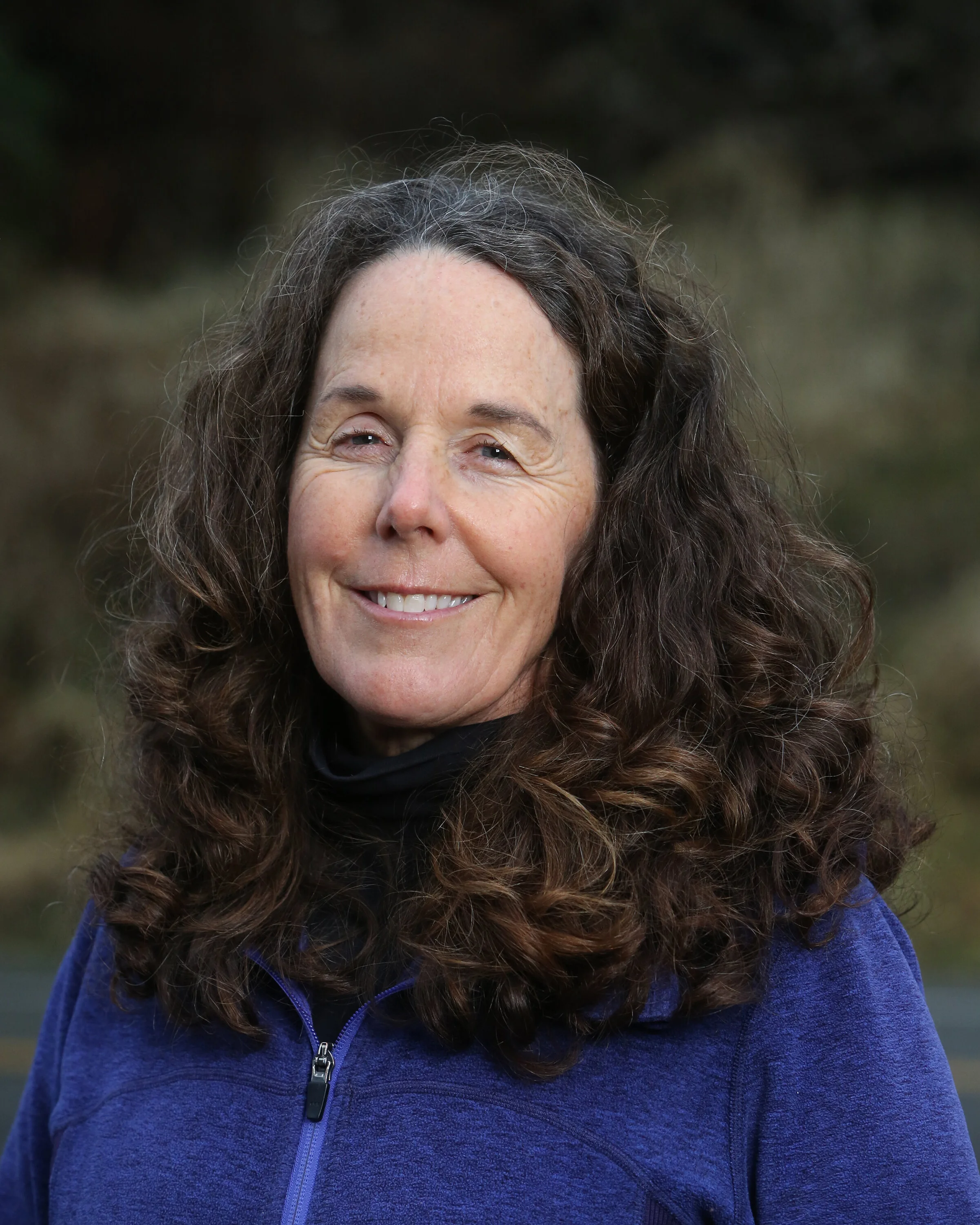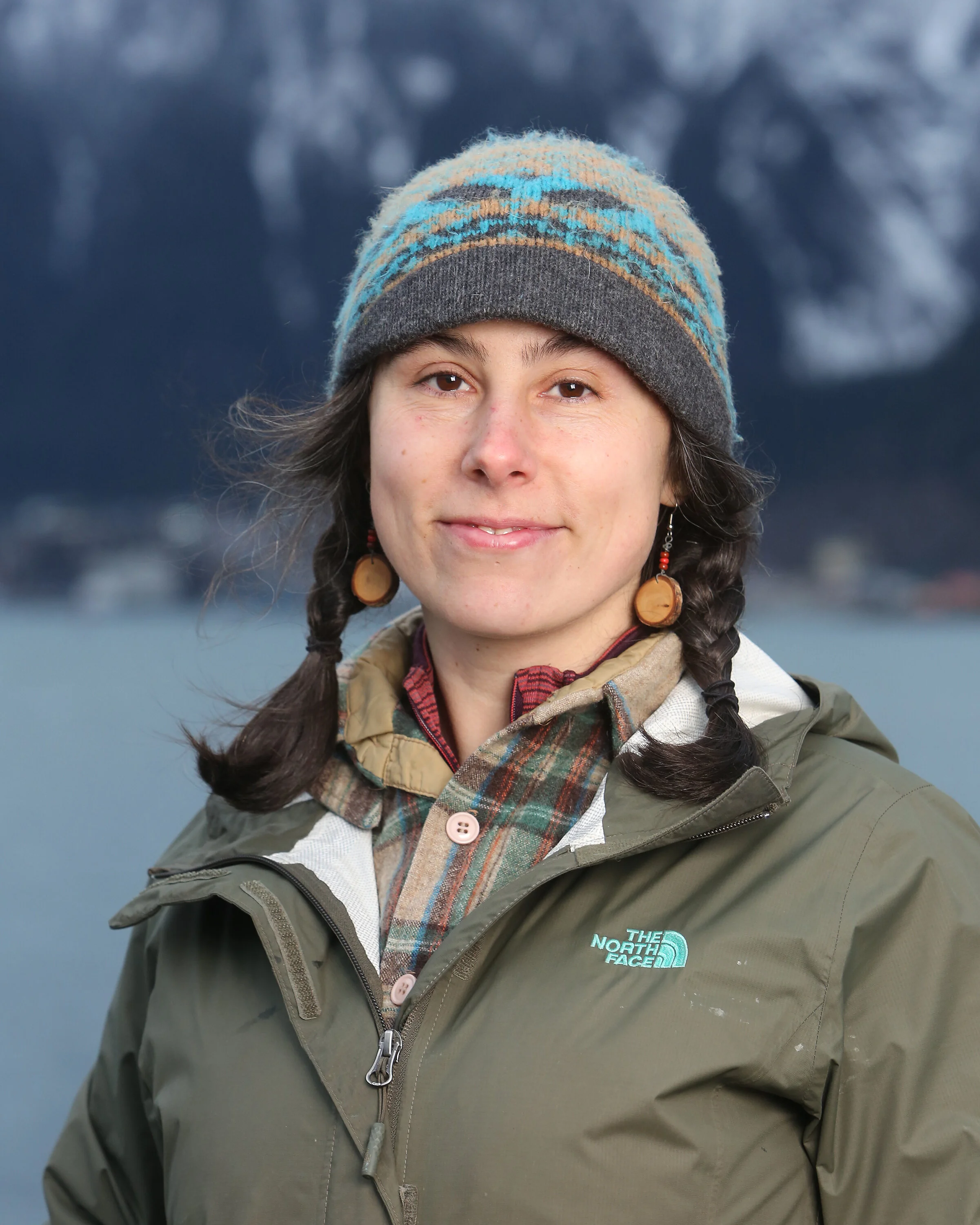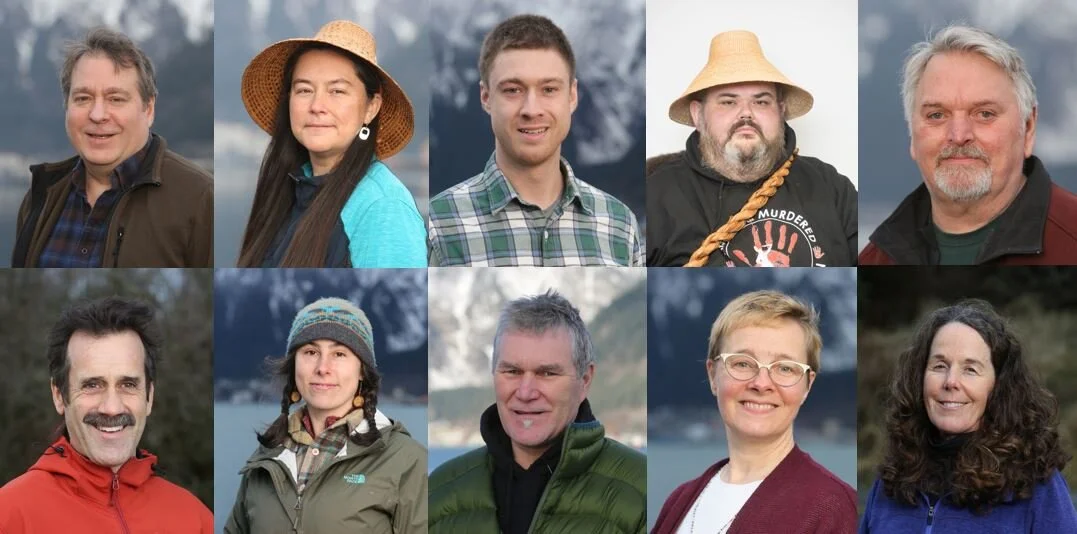When it comes to averting climate change, there are few solutions more effective than replacing meat and dairy with vegetables on our plates. A plant-based diet is the 4th most effective solution out of 80 to reverse global climate change, according to Project Drawdown. This is because vegetables require fewer carbon inputs in their growing, processing, and transportation than meat. Moreover, ruminants like cows produce methane, a potent greenhouse gas, as they digest food. Additionally, land that once served as a carbon sink (like a forest or a prairie) releases its stored carbon and no longer sequesters carbon when it’s plowed or cleared for livestock production.
Eating a plant heavy diet, then, preserves land, reduces methane emissions, reduces transportation-related emissions, and more. Plainly put, what we eat matters for the health of the planet, in addition to the health of one’s body. Yet a climate-friendly diet in Southeast Alaska looks differently than a climate-friendly diet elsewhere. It requires a multi-pronged approach that includes boosting local gardening and agricultural capacity while eating the sustainably harvested foods that are native to this land.
“We have access to good, healthy foods here in southeast Alaska,” Vivian Mork Yéilk’ asserts, “We need to tend to what we already have, while also working to grow more.”
For Vivian, tending to what we have means the respectful and sustainable harvest of our local plants and animals, prohibiting the introduction of invasive species, and caring for the ecosystems in which local plants and animals thrive.
Vivian is a Tlingit ethnobotanist and traditional foods and medicine educator with a mission to teach sustainable harvesting methods, perpetuate culture, and steward the abundant resources for the generations that come after us. Vivian also promotes individual and family gardens, community gardens, and small local food businesses. “When I was growing up all my Elders had small gardens next to their house. In Alaska we are always one barge away from food insecurity. My Elders taught me that it was important to provide food through growing, harvesting, preserving, preparing, and sharing.”
Vivian writes,
“There is no good reason that we aren’t landscaping in our cities and villages entirely with zero invasive species, local edible plants, and fruit trees. We need to adopt edible landscaping everywhere. At least start with a policy level of every city to no longer plant invasive species in city landscaping and only use local plants. Alaska is absolutely amazing and not only is a lot of our vegetation beautiful but it is edible and healthier for you than anything you can find on a grocery store shelf. Even our blueberries have more antioxidants than anything you can find in a store. Plus getting outside and harvesting with your friends and family is not only a good physical activity, it is also good for your mental health.”
Promoting edible landscaping as a policy would enhance local food security—a perennial concern across Alaska, where around 95% of the food consumed in state is shipped from Outside. It would also help Alaskans access more affordable fruits and vegetables. In 2014 only 10% of Alaska adults and high schoolers ate the daily recommended amount of fruit and vegetable.
Indeed, thriving animal populations are part of the equation. Sure, growing and eating plants is good for the climate. Yet at the same time, Alaskans intuitively know there is a difference in the environmental impacts of a steak from Argentina and venison backstrap from Admiralty Island. Scientists have recently affirmed that wild protein sources bear a net positive carbon benefits when wild game replaces industrial meat on our plates.
A research paper published in the summer of 2020 in Human Dimensions of Wildlife found the amount of game Americans harvest and consume conservatively equals 400,000 cars being removed from the road each year. This is because wild game doesn’t require any of the farming inputs or land degradation that industrial livestock does. The only carbon emissions come from travel to the hunting grounds. The closer the hunting grounds, the fewer emissions per kilogram harvested. But once someone drives over 78 km per kilogram of meat, the benefit disappears.
Thinking locally, in 2017 over 686,000 lbs. of wild fish and game were harvested for non-commercial purposes in Juneau. That comes to 21 lbs. per Juneau resident, or 13% of our community’s daily protein requirement. This wild harvest potentially replaced over 300 tons of industrial meat on our plates.
The precedent of a sustainable local diet sits squarely in front of us. Vivian notes that Tlingit people “are one of the oldest groups of human beings to live sustainably in one area of the world in the history of human beings on the planet. Tending and managing our forests and waters has always been a part of our roles as the Indigenous people of southeast Alaska.”
Teaching traditional harvesting knowledge, promoting small, family-based harvesting businesses grounded in traditional knowledge, and promoting management policies under which “subsistence foods aren’t regulated out of our mouths,” will go a long way towards tending the land and tending to the people, Vivian asserts.
Indeed, through being conscientious about what we eat, caring for the natural ecosystems in which our local plants and animals thrive, and considering the Tlingit value of balance when filling our freezers and our plates, Southeast Alaskans can simultaneously tend to the health of our planet and the health of our people.










